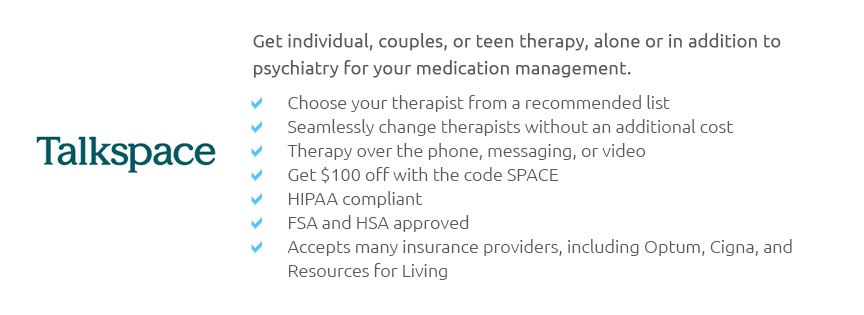 |
 |
 |
|---|
 |
 |
|---|
 |
|
|---|---|
 |
 |
 |
 |
 |
 |
 |
 |
 |
 |
 |
 |
 |
 |
 |
 |
|---|
Understanding Trauma Therapy in Madison WI: A Comprehensive GuideTrauma therapy is an essential service for individuals dealing with the aftermath of traumatic experiences. In Madison, WI, a variety of therapeutic options are available to address trauma-related concerns. This guide explores these options, providing insights into the benefits and processes involved. What is Trauma Therapy?Trauma therapy involves specialized techniques aimed at helping individuals process and heal from traumatic experiences. The goal is to support recovery, improve mental health, and enhance overall well-being. Types of Trauma Therapy
Benefits of Trauma TherapyEngaging in trauma therapy can lead to significant benefits, such as reduced anxiety, improved relationships, and a greater sense of personal empowerment. Choosing the Right Therapist in Madison WIFinding the right therapist is crucial for effective trauma recovery. Consider factors like credentials, specialization, and personal comfort when selecting a therapist. For example, a mental health therapist london might have different expertise compared to those based in Madison, WI. Questions to Ask a Potential Therapist
Asking these questions can help ensure you find a therapist who aligns with your needs. Integrating Trauma Therapy into Daily LifeIt's important to integrate insights gained from therapy into daily life. Regular practice of learned strategies can enhance the healing process and prevent retraumatization. Supportive Practices
Engaging with other therapeutic resources, like a therapist lake mary fl, can provide additional perspectives and strategies. Frequently Asked QuestionsWhat should I expect during my first trauma therapy session?During the initial session, the therapist will typically conduct an assessment to understand your history and current issues. This helps in creating a tailored treatment plan. How long does trauma therapy usually take?The duration varies based on individual needs and therapy type, but many people see significant improvements within 6 to 12 months of consistent therapy. Can trauma therapy help with anxiety and depression?Yes, trauma therapy can effectively address symptoms of anxiety and depression by targeting the underlying trauma that may be contributing to these conditions. https://www.goldenvibescounseling.com/trauma-focused-therapy
At Golden Vibes Counseling in Madison, WI, we are going to help you heal and move forward. You don't have to be trapped by what happened to you in the past. Our ... https://www.psychologytoday.com/us/therapists/wi/madison?category=trauma-and-ptsd
As a Certified EMDR therapist, I help clients transform traumatic experiences, allowing for more freedom and joy in life. As a Certified Emotionally Focused ... https://heartcounselingllc.com/trauma-therapy-in-madison-wi/
Erin Neill, PhD, offers trauma therapy for kids and adults in Madison, WI. Erin uses EMDR and CBT for healing trauma and PTSD.
|
|---|